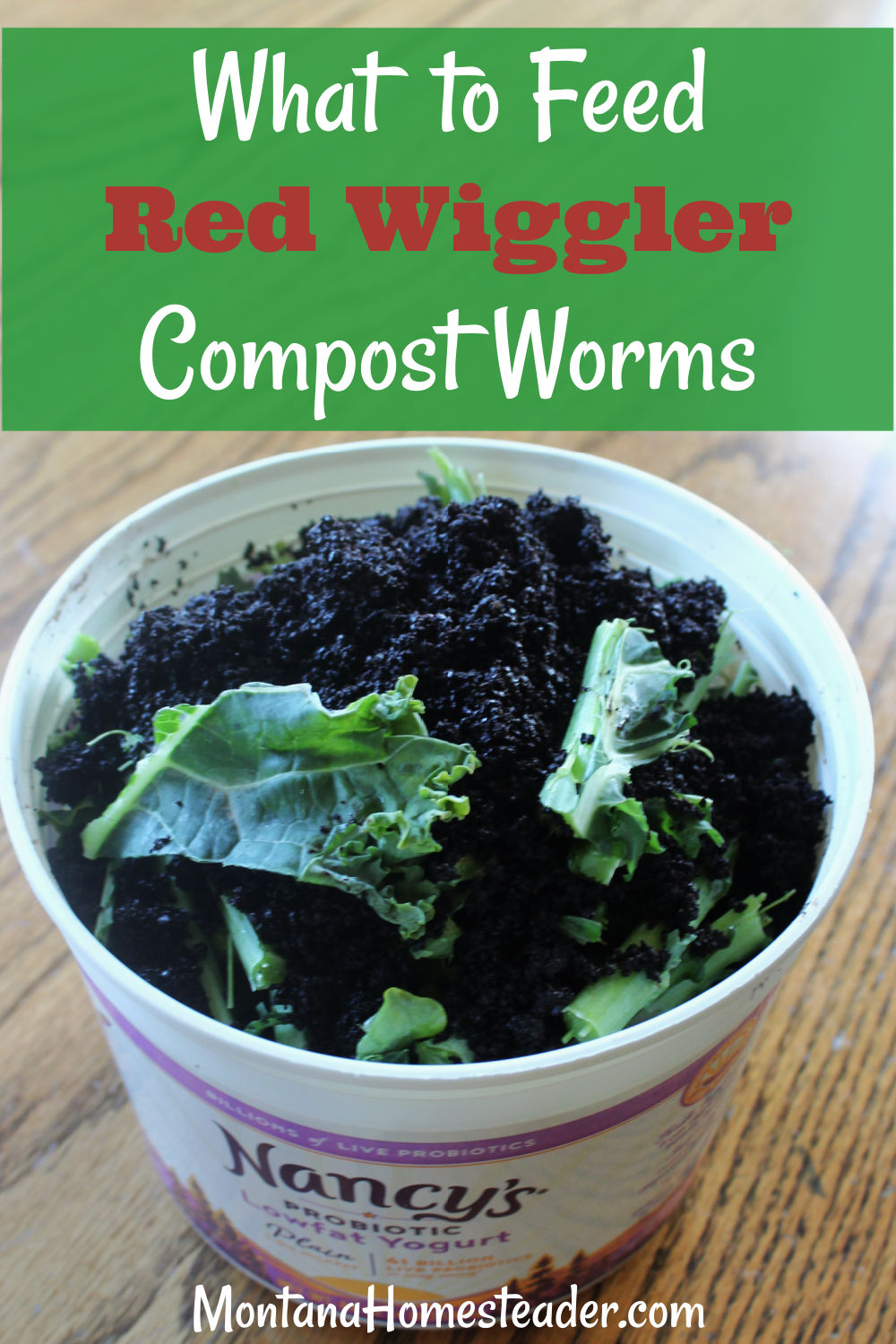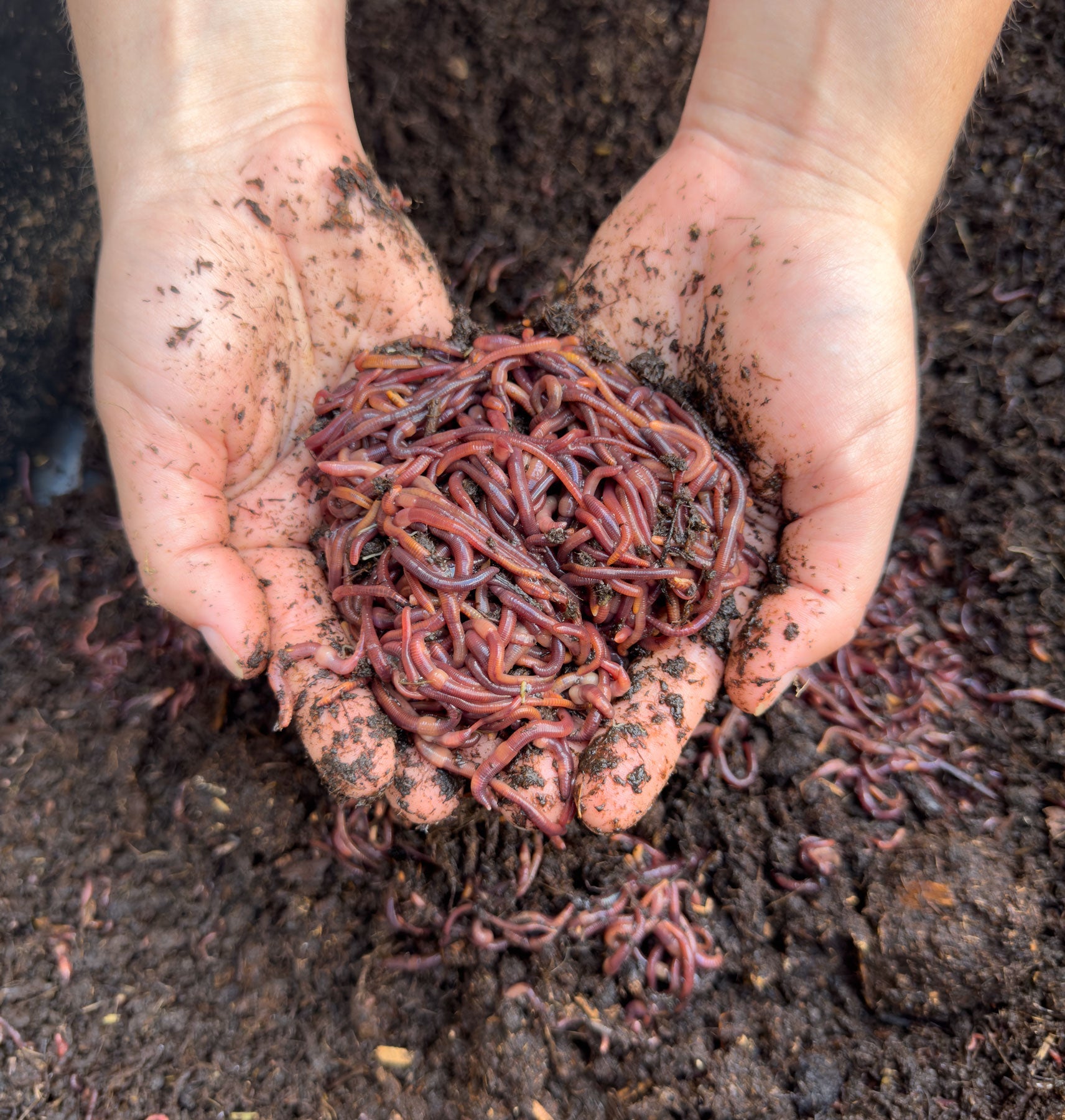Enhance Your Lawn Care Routine with Premium Lake Hickory Bait Products
Enhance Your Lawn Care Routine with Premium Lake Hickory Bait Products
Blog Article
The Extraordinary World of Red Wigglers: Boost Your Dirt Fertility Today
These little yet reliable organisms change natural waste right into beneficial worm castings, dramatically improving soil health and advertising lasting practices. As we check out the advantages of vermicomposting and the practical steps to create an efficient worm container, the possible impact of these worms on your gardening success comes to be increasingly obvious.
Recognizing Red Wigglers
Red wigglers, scientifically understood as Eisenia fetida, are a types of earthworm that play a crucial duty in enhancing soil fertility. These worms prosper in organic-rich settings, such as compost heap and rotting plant material, where they eat natural waste and eliminate nutrient-dense castings. Their distinct anatomy, featuring a fractional body and a clitellum, enables them to duplicate swiftly and efficiently process big amounts of organic matter.

The eco-friendly value of red wigglers prolongs beyond plain waste processing; they add to the dirt food internet, promoting a diverse neighborhood of microorganisms that better boost dirt health and wellness. Understanding the biology and habits of red wigglers is vital for harnessing their complete capacity in sustainable farming and gardening techniques.
Benefits of Vermicomposting
(Red Wiggler Express)Utilizing the power of red wigglers via vermicomposting offers many benefits that substantially boost soil wellness and fertility. One of the main benefits is the production of nutrient-rich worm castings, which are an excellent natural plant food. Red Wiggler Express. These spreadings include crucial nutrients like nitrogen, phosphorus, and potassium, promoting durable plant growth and improving crop returns
The presence of worm castings improves soil texture, enabling for much better water retention and drain. Red wigglers help break down organic matter, accelerating decomposition and recycling nutrients back into the dirt.
Vermicomposting additionally cultivates microbial task, which is essential for a healthy and balanced dirt ecological community. Beneficial microbes thrive in the presence of worm spreadings, assisting in the failure of natural products and enhancing nutrient availability to plants.
Lastly, vermicomposting serves as a reliable waste monitoring option, decreasing garbage dump waste by recycling cooking area scraps and various other organic materials. This not just contributes to environmental sustainability yet likewise promotes a circular economic situation within horticulture and farming.
Exactly How to Set Up a Worm Bin
Establishing up a worm bin is an uncomplicated process that can dramatically enhance your composting efforts. Begin by selecting an ideal container, which can range from a commercially readily available worm container to a basic plastic or wooden box (Red Wiggler Express). Make certain the container has appropriate ventilation; tiny holes in the lid and sides will promote air flow
Following, produce a bedding layer to provide a comfy atmosphere for the red wigglers. This can be made from shredded newspaper, cardboard, or coconut coir, dampened to a damp, sponge-like uniformity. Fill the container to around one-third complete with this bed linen material.
When the bedding is prepared, it's time to introduce the worms. Red wigglers grow in organic waste, so Red Wiggler Express area them carefully onto the bed linens. Cover the worms with a light layer of extra bed linens to help them accustom.
Feeding Your Red Wigglers
Offering the ideal food for your red wigglers is vital for their health and wellness and the efficiency of your composting system. Red wigglers prosper on a diverse diet regimen, mainly containing organic materials such as vegetables and fruit scraps, coffee grounds, and shredded paper. These materials not just supply vital nutrients but also add to the microbial activity in the worm container, which is critical for the worms' digestion.
It is very important to stay clear of certain foods, such as dairy products, oils, and meats, as these can bring in pests and create undesirable smells. In addition, citrus peels and overly hot foods must be limited because of their prospective to damage the worms. A well balanced approach to feeding includes monitoring the amount of food introduced to the bin, making sure that it is taken in within a practical amount of time to avoid excess waste build-up.
To promote optimal digestion, it is useful to slice or shred larger food products before adding them to the bin. This method enhances the surface location for microbial action, facilitating quicker decay and improving the general efficiency of your composting system. Frequently observing the worms' feeding routines will certainly help you adjust their diet regimen as essential.
Making Use Of Worm Spreadings in Your Yard

(Red Wiggler Express)Including worm castings into your garden can be accomplished by blending them into the soil or utilizing them as a top dressing. The slow-release nature of these spreadings makes sure that nutrients are offered to plants over an extended duration, minimizing the requirement for artificial plant foods. Furthermore, worm castings have helpful bacteria that advertise healthy and balanced soil ecological communities, enhancing the total durability of your garden.
To take full advantage of the advantages, goal to apply approximately one component worm spreadings to 3 components dirt in your planting beds. Normal applications can cause improved plant yields and much healthier plants, making worm castings an invaluable resource for both novice and knowledgeable garden enthusiasts alike. By using this natural modification, you can cultivate a successful yard while contributing to lasting gardening methods.
Conclusion
In final thought, red wigglers exhibit the essential role of vermicomposting in enhancing soil fertility. Their ability to convert organic waste right into nutrient-rich spreadings significantly enriches soil structure and supports microbial variety.
Report this page